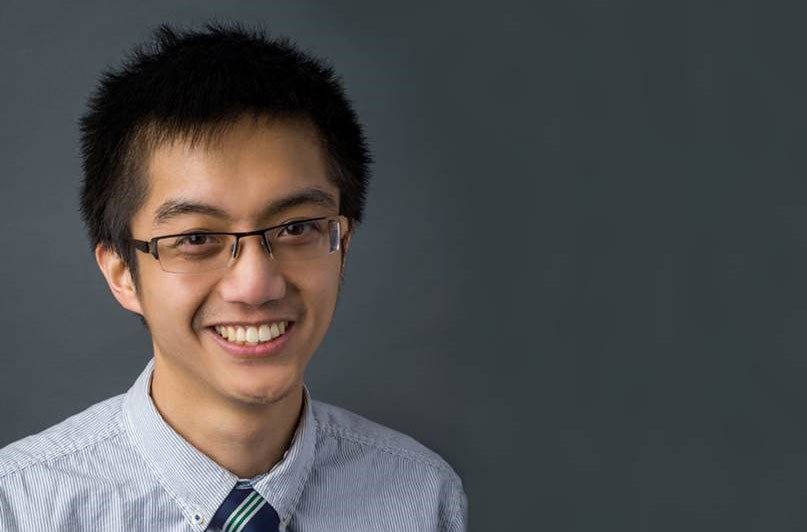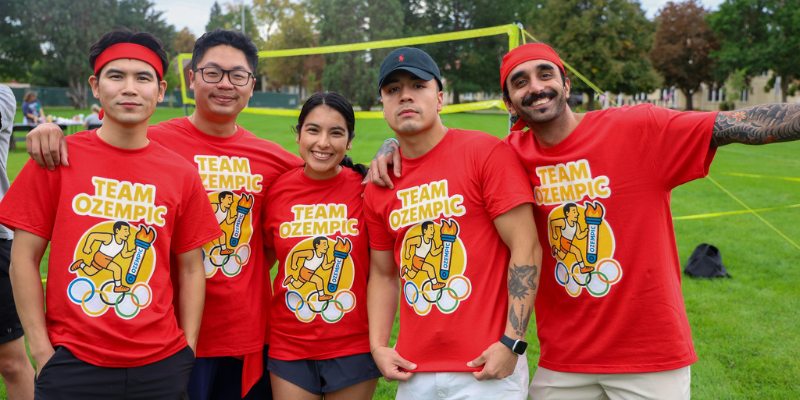When life closes a door, you sometimes need to smash open a window. I've learned this the hard way, but you cannot simply expect the window to open itself for you. You must be the one to instigate that change—force it open, throw a brick through it—whatever it takes, you are the one that drives that miraculous window to open, even if you have to crawl over broken glass to do so.
I sometimes think my generation in particular, the millennials, gets this rose-colored glasses view that things will simply fall in our laps—things are taken for granted, and we come to expect certain luxuries as a given (*cough* Panopto *cough*). I sometimes think education is painting itself into a corner by giving into the demands and entitlements of the students.
Consulting isn't for everyone
Our consultant pharmacist at the long-term care pharmacy I work at was speaking on consulting and why it isn't for everyone: It's just you out there. Consultants are, in many ways, nomads of the pharmacist world, because when you go into a facility, there isn't quite the same support structure as being at the main pharmacy. Charts and MARs can differ between homes, and you must rely more on instinct and adaptability more so than an established protocol.
My dream, at the moment, is to consult simply because each home presents not only its new challenges, but the opportunity to cultivate greater understanding between our colleagues—nurses and physicians. Perhaps it is a romantic view, but I see consulting as a rich opportunity to bridge the gap between the disciplines of healthcare.
Interdisciplinary rivalry
I have always had a habit of calling attention to the elephant in the room, but as I prepare to graduate, I am thinking more and more about what I dislike about pharmacy—or rather what I dislike seeing happen in pharmacy.
What I dislike is the sense of interdisciplinary rivalry or superiority. Elitism, in a word. I do see it, and I admit I've done it myself—wondering what a nurse is thinking, wondering why a physician's handwriting is so illegible, and wondering why the patients themselves don't understand.
It stagnates healthcare as a whole rather than allows the disciplines to flourish. As provider status for pharmacists looms over the horizon, I am, to be honest, taking it with a few grains of salt (or perhaps a whole, edema-inducing barrelful). Does a pharmacist really have the training of a doctor or even a nurse practitioner to diagnose and treat properly? Tim Georgia at the Mental Health Center of Denver, for instance, views the patient in a way I am quite envious of due to his nursing background. He has an intuitive understanding of the actual patient—how to recognize clonus, for instance. Nursing is its own language just as pharmacy is, and to reinforce a silo mentality, rather than bridging that gap, is folly to me. Moreover, nurses are right there in the trenches— it is not an easy gig nor ought we to delude ourselves into thinking so.
To me, it is not pride in our knowledge base that is the problem—it is arrogance. This is something instilled in me by my dad, but it is the idea of: Be humble, for anyone can be your teacher—your technician, the homeless, journalists, mathematicians, plumbers, can all teach you things.
I will end this by offering an interesting tidbit about myself and a bit of a confession: My long-term ambition is to become a journalist. Not for a major circulating paper or whatever, but to harness the written word for its intended purpose—to bridge gaps.



